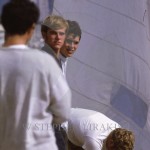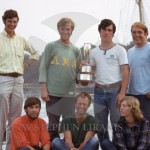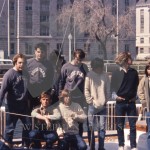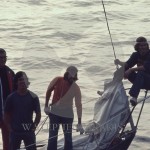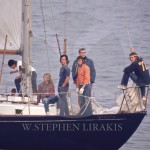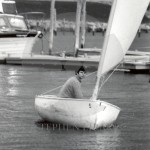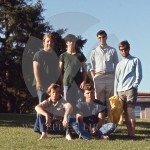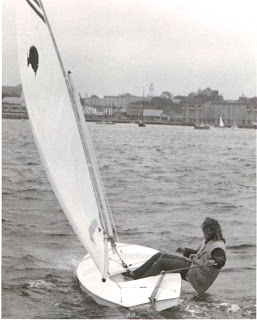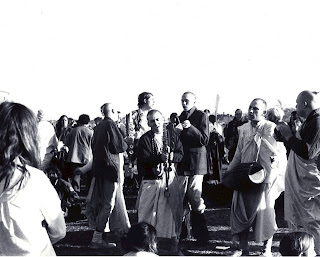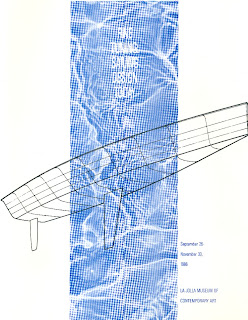THE FOLLOWING WAS WRITTEN BY CHRIS LOVE. I would be curious to understand the circumstances surrounding this post in “Sailgroove”. We did not get to a point where this kind of thing happens overnight. All sports have been heading towards this for quite a long time. I remember reading not long ago about an Optimist regatta (children 7-12 years old) where the complaint was that there were too many coaches on the race course.
I was desperate to learn more when I was growing up, learning to sail. I probably would have embraced the idea of having a coach following me and telling me what to do; up to a point. I am able to look back at my time on the water with the best of memories, especially in college.
I look forward to understanding more about these events. For me this is a reflection of our times. I recognize that we can not turn back the clock, to a simpler time; but we always need to consider where we are going. I would enjoy hearing opinions from those of you who might like to express their thoughts.
It’s not the least bit uncommon for a baseball umpire to stand toe to toe with a manager, mask in hand, shoulders relaxed, stoically taking an earful of harsh words and a fateful of spit as the coach reams him out for a call he doesn’t like, only to burst to life, dramatically point to the dugout and yell “you’re out of here!” It’s generally part of the ceremony for the coach to kick some dirt, insult the man’s mother, saunter back down the steps to the boos or cheers (or both) from the crowd and hand off the clipboard to the assistant manager so the game may continue. Not uncommon at all–in fact, it’s one of the sport’s great traditions.
But compared to the barbaric sport of flying balls and dirty mitts, sailing is a gentleman’s game. Coaches and sailing officials would never interact in such a crude and brutish way. A combination of complicated litigation and cocktails at the bar is enough to solve our differences. No need to shout or make a scene by kicking someone off the water, right?
Well, in collegiate sailing this weekend, a scene was made. Two coaches were asked to leave and/or not return on the second day, per a sailing instruction that has been on the books at MIT for some time. It basically says that if a coach says something negative to an umpire, they may be banned from the premises for the rest of the regatta. This was the first time it has been utilized. Without getting into the unpleasant business of who said what to whom (and I honestly don’t know as I wasn’t there myself) I think this incident opens up an interesting and potentially positive discussion for collegiate sailing. Is this a good rule and should it be implemented more widely? Is it necessary and is it effective in its goal to protect ICSA’s staff of volunteer umpires?
You can’t argue the fact that being a sports official is hard–no matter what you’re going to piss people off, even if you’re right all the time (which isn’t possible either given the limitations of powerboats as vantage points for the complex game of team racing.) There should be some level of shielding for these kind souls who give their weekends away accepting this thankless job for no compensation. But is removing a coach a necessary measure in our sport? What must someone do to need to be removed from the premises?
Have your say, but please don’t turn this thread into a firing range on those who were involved in this particular incident.

